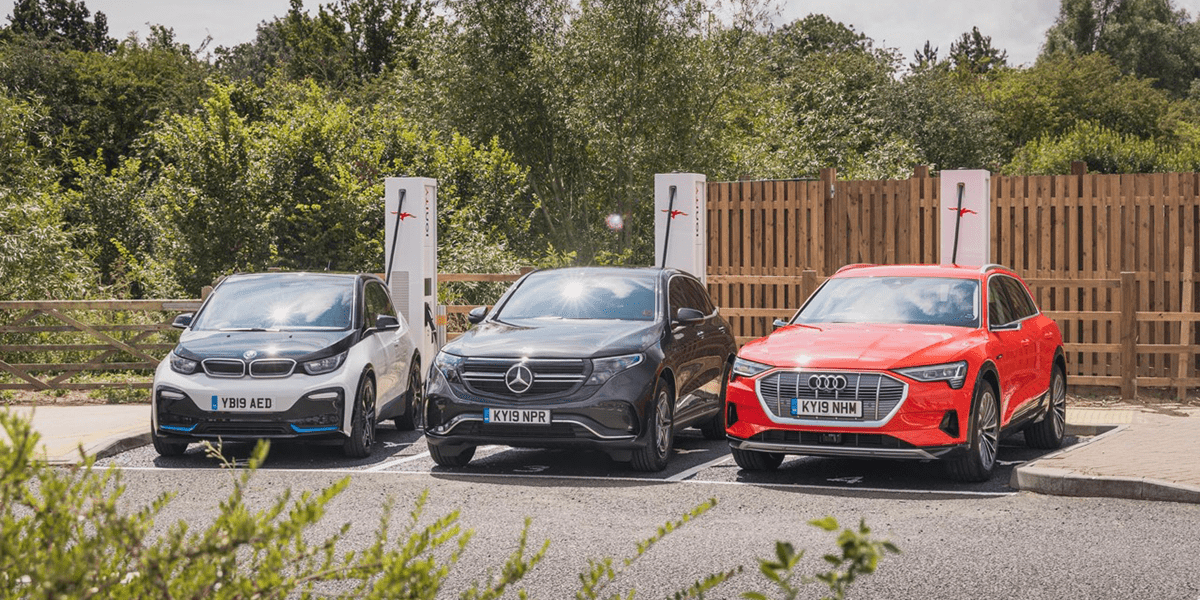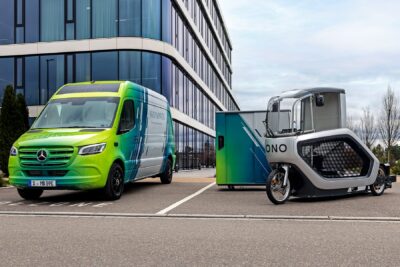Private use of company EVs no longer BIK taxed in UK
With immediate effect, the financial advantage for the private use of electric company cars (benefit-in-kind, or BIK tax) no longer applies in Great Britain. The measure announced last year has now come into force.
The Benefit-in-Kind tax (BIK) works to correspond the monetary advantage for the private use of company assets – basically a charge for employees who receive benefits or privileges in addition to their salary. If they have a company car for private use, they must pay a BIK contribution. In Great Britain, the BIK is calculated based on CO2 emissions and the so-called P11D value, which indicates the list price including extras and VAT but excluding the registration fee for the first year and the vehicle tax.
As announced in July 2019, this will now be abolished for company cars that emit less than 50 grams of CO2 per kilometre and have a purely electric range of at least 130 miles (209 kilometres). For a Renault Zoe R135, the portal BusinessGreen calculates that drivers of company cars will save between 1,022.88 and 2,045.76 pounds in BIK taxes in the future – depending on the tax class.
However, the general exemption – in practice a tax rate of 0 per cent – will only apply to the 2020/21 budget. In 2021/22 the tax rate will also rise to one per cent for electric cars, then to two per cent in 2022-2025.
All other vehicles will be grouped according to their CO2 emissions as measured by the WLTP, staggered in five-gram increments. For a car with 100 grams of CO2 emissions per kilometre, for example, the BIK tax rate is 23 per cent, rising to 25 per cent. For vehicles with CO2 emissions of less than 50 grams, there are still gradations according to the electric range. For example, a current PHEV that has an electric range of 40 miles (64 kilometres) is currently rated at six per cent. However, if the WLTP range is only in the 30 to 39 mile (48 to 63 kilometre) range, the tax rate is already at ten per cent and continues to rise. The one or other kilometre electric range can, therefore, make the difference of several percentage points in the BIK tax. You can find a detailed table in the article in BusinessCar.
Vehicles registered before 6 April 2020 will continue to be classified according to the old NEDC emissions standard. Depending on the model, this can make a difference of two percentage points or more.
Experts expect that the new regulation will give a substantial boost to the market for pure electric cars in company car fleets. An example: a Kia e-Niro registered under the old rules would have cost 1,214 pounds of BIK tax per year. In 2020/2021 it will be zero pounds, in 2021/2022 76 pounds and in the next three fiscal years 152 pounds per year, as FleetNews calculates. “We expect that this company car benefit will encourage further EV options to be introduced to fleets, as companies work to pass on the tax savings to their employees,” says Poppy Welch, head of the Go Ultra Low campaign, which is supported by government and industry.






0 Comments